|
PLASTIC
DRINKING STRAWS
ABOUT -
CONTACTS - FOUNDATION -
HOME - A-Z INDEX
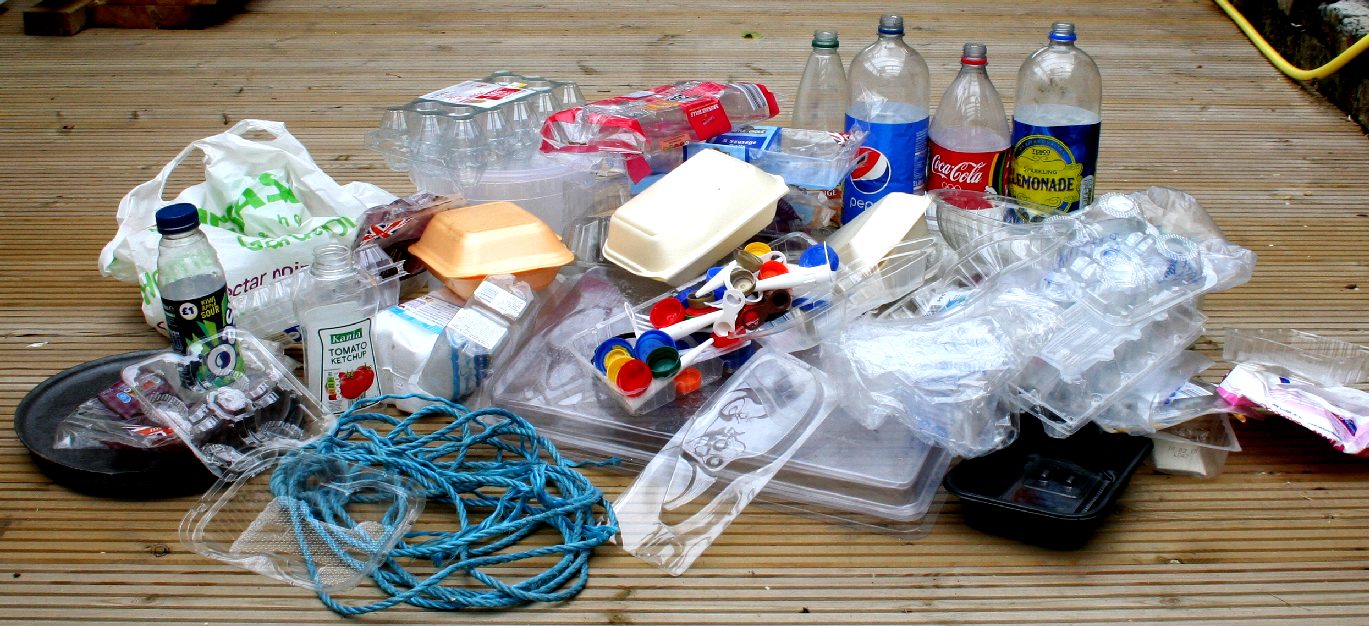
SINGLE
USE PLASTICS - This is
just a small sample of the plastic packaging that you will
find in retails stores all over the world. A good proportion
of this packaging - around 8 millions tons a year, will end up
in our oceans, in the gut of the fish
we eat, in the stomachs
of seabirds and in the intestines of whales and other marine
mammals. Copyright photograph © 22-7-17 Cleaner
Ocean Foundation Ltd, all rights
reserved.
FORBES
23 JULY 2018
LOLIWARE is based in New York, and dubbed as the world's first bioplastics company dedicated to replacing single-use plastics with hyper-compostable, edible materials derived from
seaweed. Their cups and straws taste like fruit
roll-ups.
LOLISTRAW creates new value after it is used in 3 key ways
- by transforming into plant fuel through composting, machine fuel through anaerobic digestion, or human fuel through eating.
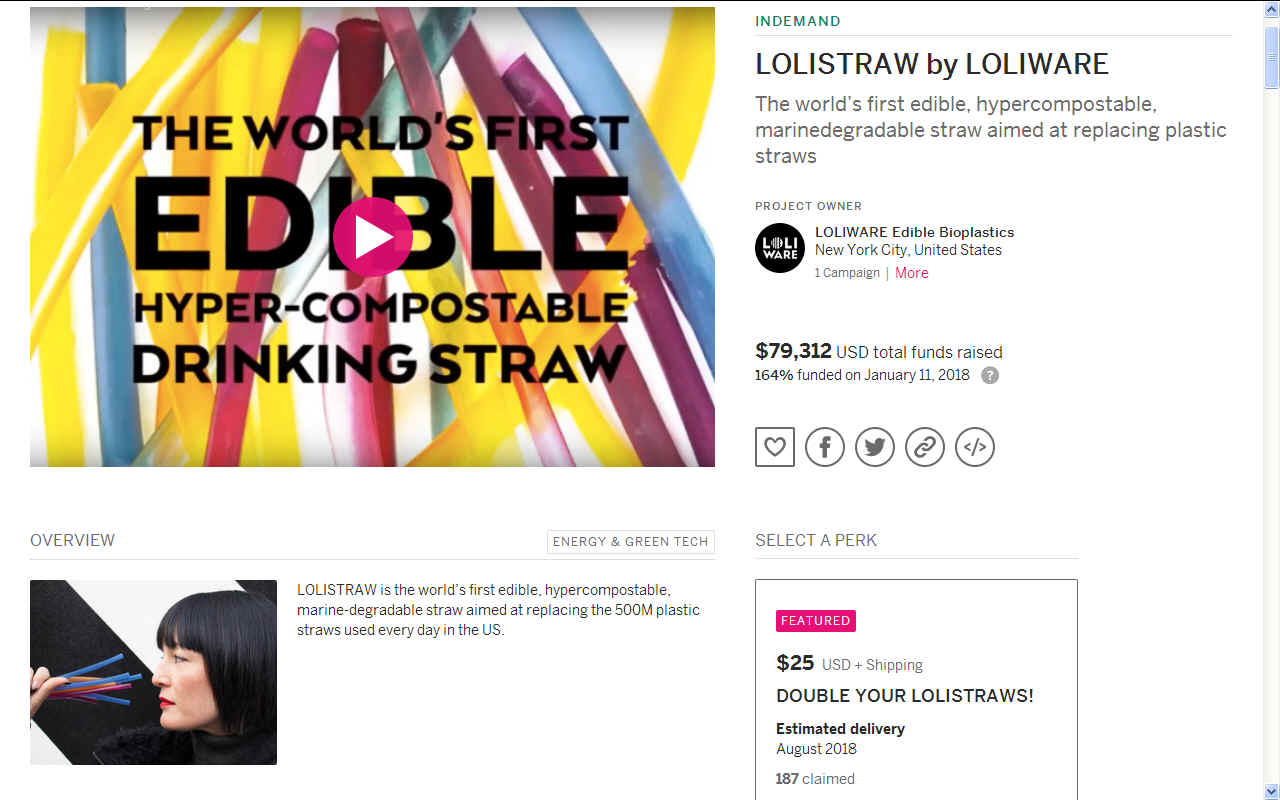
WHAT
IS A DRINKING STRAW
Innocent
looking items that are useful but not essential, but can be
downright dangerous to marine life and we make them by the
bucket load as single use items that we simply throw away after
each drink.
As
most people will know, a drinking straw or tube is a small pipe that allows its user to more conveniently consume a beverage. A thin tube of paper, plastic (such as polypropylene and polystyrene), or other material, straight or with an angle-adjustable bellows segment, is used by holding one end in the mouth and the other in the beverage.
Muscular action (a combination of the muscles of the tongue and cheeks) reduces
air pressure in the mouth and above the liquid in the straw, whereupon atmospheric pressure forces the beverage through the straw. Plastic straws
account for a significant amount of unrecycled plastic waste, as a result, numerous campaigns
by a concerned public have led to companies such as McDonald's
considering reverting to paper straws.
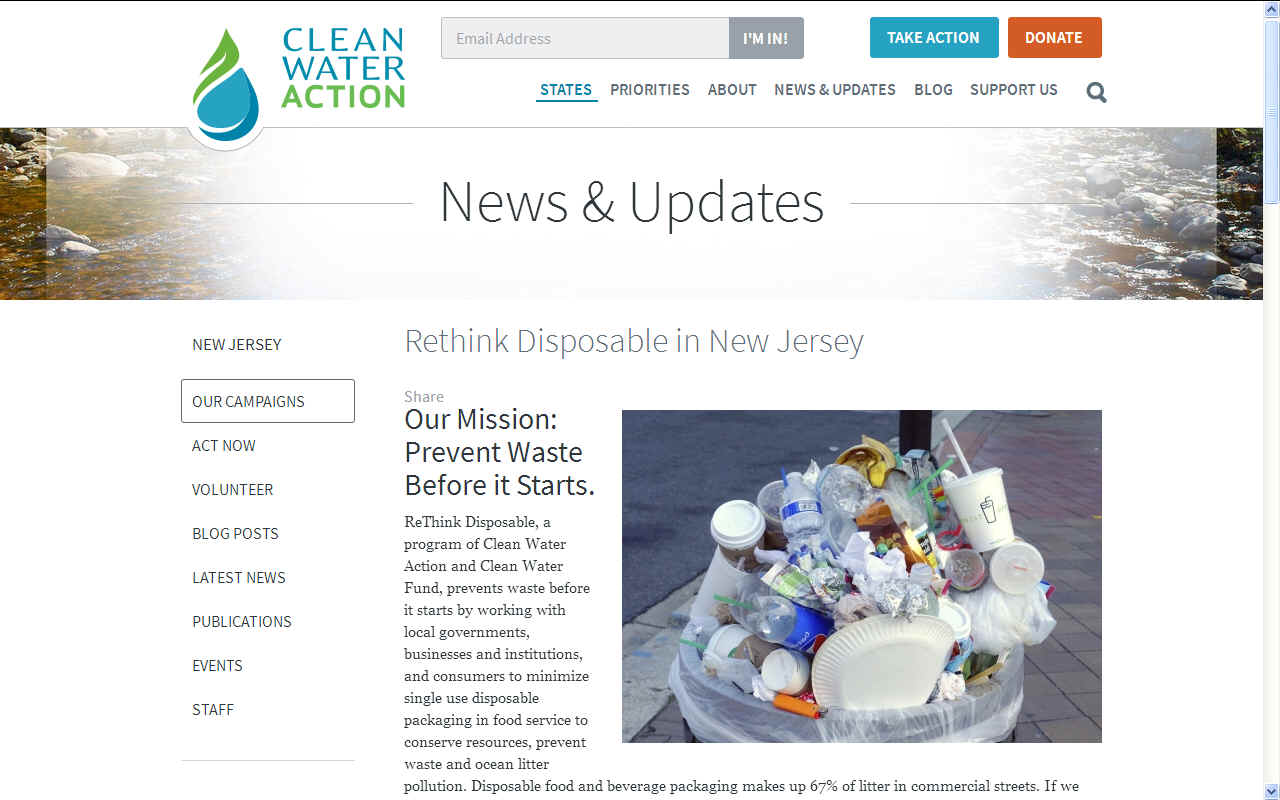
Plastic drinking straw production contributes to
petroleum consumption, and the used straws become part of global plastic pollution when discarded, most after a single use. One anti-straw advocacy group has estimated that about 500 million straws are used daily in the United States alone – an average 1.6 straws per capita per day.
Straws are typically made from polypropylene, mixed with colorants and plasticizers, and do not biodegrade in the environment. Since the material is strong it can however be reused or recycled into other products. Waste straws in Uganda are collected from
beer and
soft drink depots, cleaned, and woven into mats for picnics and prayers or joined to form bags.
Environmentally friendlier alternatives to plastic straws, some even reusable, exist, although not always readily available:
Paper straws
Glass straws
Metal straws
Bamboo straws
Straw straws
Pasta straws
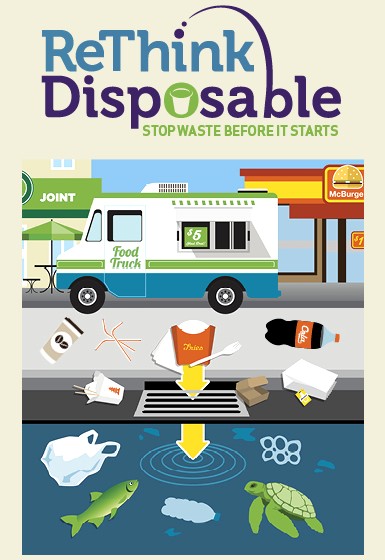
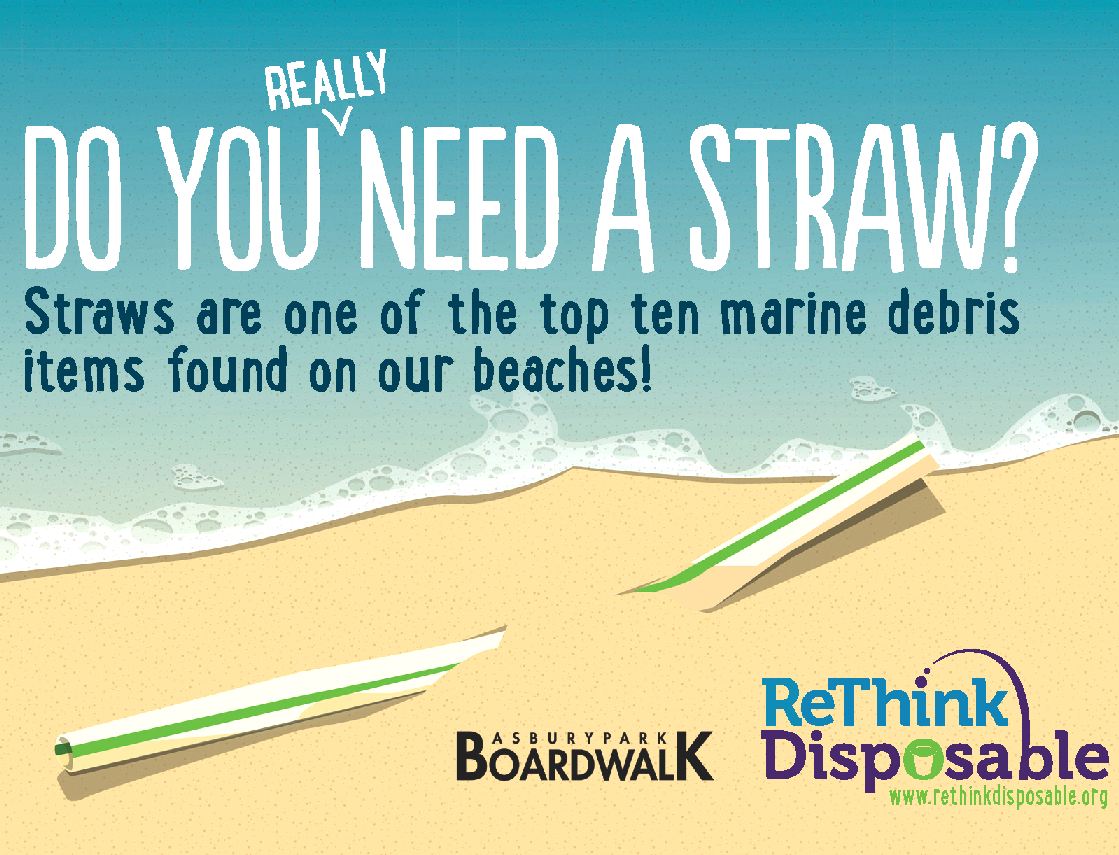
Every day in the U.S., people use 500 million straws a day - enough to circle to planet more than two-and-a-half times! Straws are now one of the top 10 marine debris items found on our beaches. And by 2050, there will be more plastic than fish in the ocean.
So, what do we do about it?
An easy step is to simply not use straws. When ordering your drink at an establishment, simply say, "no straw please, thank you," at the end of your order and encourage your friends and family to do the same. If you really love straws, you can bring your own reusable stainless steel straw, which are available at places like Target and Amazon.
Due to its toxicity, plastic straws may not be something you want in your drink regardless. They are made of a petroleum byproduct called polypropylene mixed with colorants and plasticizers and don't biodegrade naturally in the environment. They are also nearly impossible to recycle, so nobody really bothers. Some are incinerated, which releases toxic chemicals into the air, but most end up in the ground, where they will hang around for an estimated 400 years and leach chemicals. That means that every straw ever used still exists on this planet.
It's important to recycle and clean up litter from our communities and beaches. But it's also critical to prevent the waste from getting the in the first place. In New Jersey, some of the most common pieces of litter found on beaches are plastic pieces, lids, food wrappers, cigarette butts, foam pieces, plastic straws, bottles and bags.
Many people forget that reduce and reuse come before recycling in the 3Rs of waste management (Reduce, Reuse, and Recycle). While recycling is certainly important, there is often too much focus on diverting single-use disposables from the landfill by recycling or composting instead of stopping this waste before it starts. These materials are resource intensive to produce, manufacture and recycle – overall packaging and single-use products represent an unsustainable use of precious resources (oil, trees, energy, water).
As reliance on single-use disposables has increased, recycling rates have not been able to keep up. In the U.S., 2.4 million tons of plastic were recycled in 2010, which sounds great until you realize that that’s only 8 percent of the plastic generated.
On April 19, 2018, ahead of Earth Day, a proposal to phase out single-use plastics was announced during the meeting of the Commonwealth Heads of Government. This will include plastic drinking straws, which cannot be recycled and contribute to ocean deterioration, damaging ecosystems and wildlife. It is estimated that as of 2018, about 23 million straws are used and discarded daily in the UK. ref
A few months before, Queen Elizabeth II banned the plastic straws and other one-use plastic items from her palaces.
After the British proposition, fellow Commonwealth nation Canada was considering banning the straws too. An unofficial online survey showed that over 70% of voters agreed with a plastic straw ban.
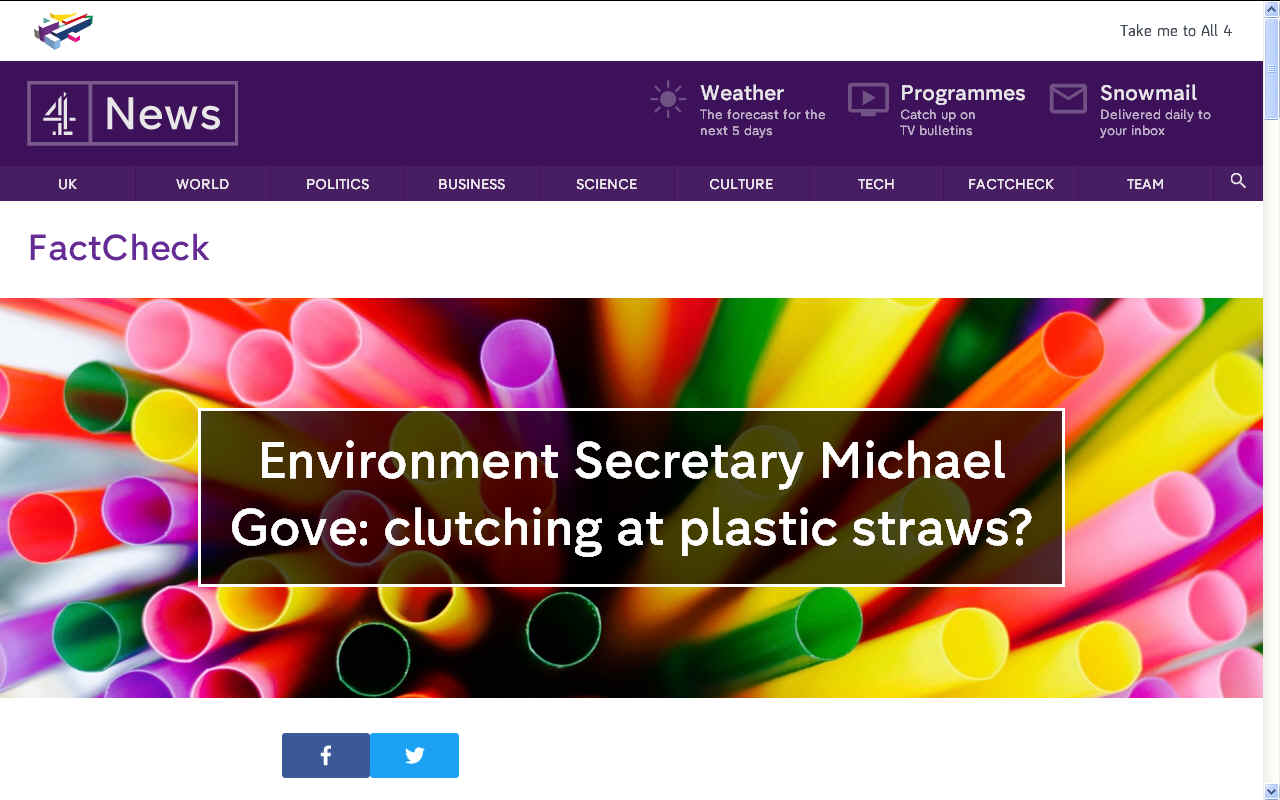
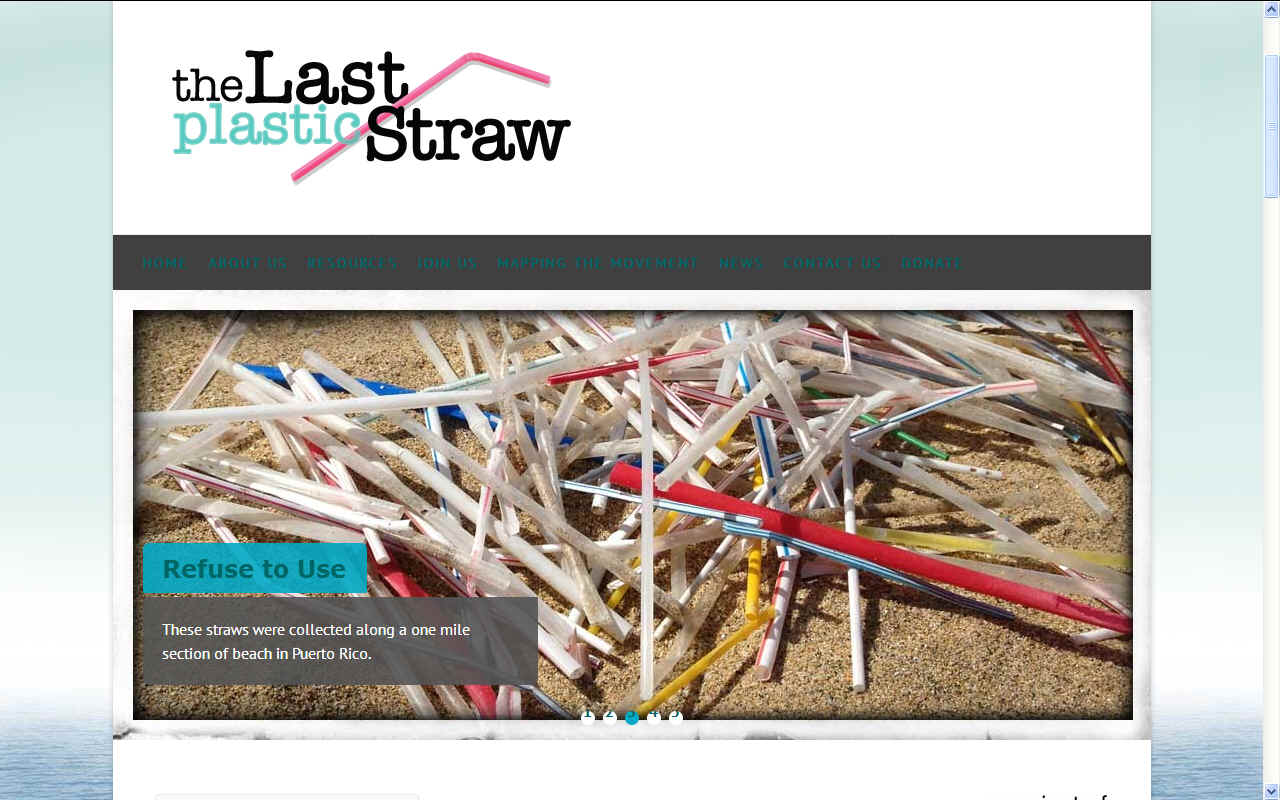
BBC NEWS 19 APRIL 2018 - PLASTIC STRAW & COTTON BUD BAN
Plastic straws and cotton buds could be banned in England as part of the government's bid to cut plastic waste.
Ministers pointed to one estimate that 8.5bn plastic straws were thrown away in the UK every year.
The prime minister said plastic waste was "one of the greatest environmental challenges facing the world".
And Theresa May will urge leaders at the Commonwealth Heads of Government Meeting, which began earlier, to follow the UK's lead in tackling the problem.
The Queen
[of England] has formally opened the summit at an event at Buckingham Palace attended by prime ministers and presidents from the 53 states that make up the organisation.
Reality Check: Do we use 8.5 billion straws a year in the UK?
The last (plastic) straw: Who's banning them?
Disabled people 'need plastic straws'
What is your chosen supermarket doing to fight plastic?
Plastic straws and cotton buds: What are the alternatives?
Mrs May claimed the UK was a "world leader" on tackling plastic waste, highlighting the charges that have been introduced for plastic bags, the ban on microbeads and the announcement in March of a consultation on introducing a deposit return scheme for drinks containers in England.
"Alongside our domestic action, this week we are rallying Commonwealth countries to join us in the fight against marine plastics," she said.
"The Commonwealth is a unique organisation, with a huge diversity of wildlife, environments and coastlines.
"Together we can effect real change so that future generations can enjoy a natural environment that is healthier than we currently find it."
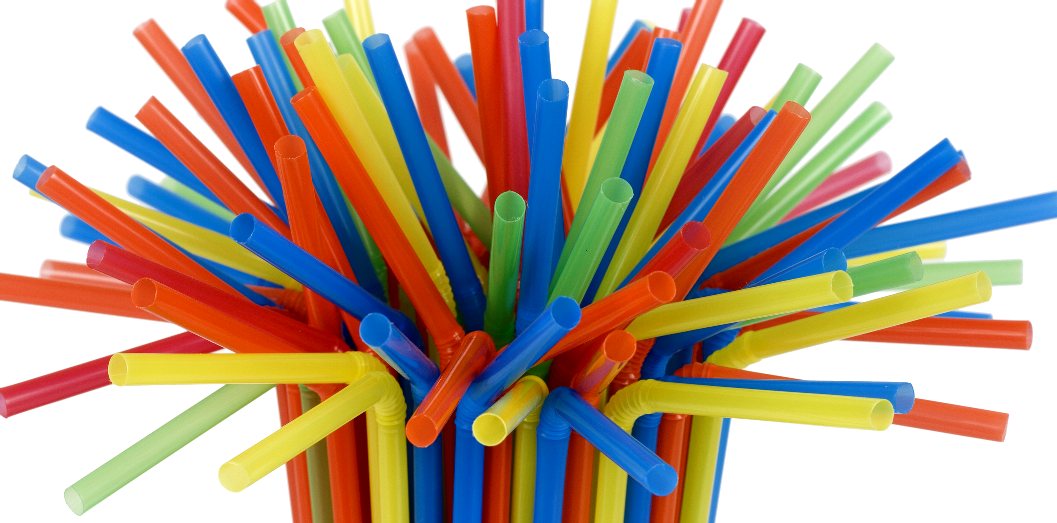
The environment secretary Michael Gove describes plastic waste as a worldwide emergency, which naturally raises questions about the speed of the government's response.
The headlines talk of a ban on plastic straws - but the announcement is about a consultation to do that. A similar exercise is under way about a deposit scheme for plastic drinks bottles, and MPs were not impressed on Wednesday when they learned that the system itself will not come into effect until 2020.
When ministers talk of the UK leading the world on this hot topic it's worth casting an eye over the actions of other countries. Dozens have actually banned plastic bags - Britain has a system of retailers having to charge for them.
And since last year Kenya has adopted the most draconian measures of all: there are fines if you use a plastic bag and if business people are caught making or importing them, they actually face up to four years in jail.
Amid many claims about fighting a war on plastic, the Kenyans are leading the charge.
It comes as 60 UK music festivals, including Bestival in Dorset and Boomtown in Hampshire, have said they will ban plastic straws at their events this summer.
Bestival's co-founder Rob Da Bank said they were "leading the global charge against unnecessary plastic", as the group of festivals also pledged to eliminate all single-use plastic by 2021.
Environment Secretary Michael
Gove, who trailed the idea of banning plastic straws in February, will launch the consultation later this year.
"We're going to consult on what the best way is in order to get rid of straws, get rid of stirrers and also get rid of plastic stemmed cotton buds that we use so many of," he told BBC Radio 4's Today programme.
"It's a worldwide emergency - that's why we're choosing to act. It's also why we're working with other Commonwealth countries."
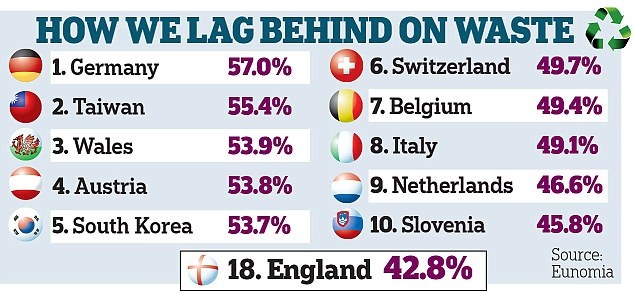
He said a consultation was necessary, particularly in relation to straws, because there were some disabled people who need to use plastic straws.
Mr Gove said a number of retailers, bars and restaurants were already cutting plastic use, with the plastic bag ban set to be extended from major retailers to all retailers.
Scotland's Environment Minister Roseanna Cunningham announced earlier this year a plan to ban plastic straws, following a similar move aimed at banning the sale and manufacture of plastic-stemmed cotton buds.
And a spokesman for the Welsh Government indicated it would also consider a ban: "We would welcome collaboration from the UK government on any action on banning straws. We will work with Defra to look at how this can be done effectively in Wales."
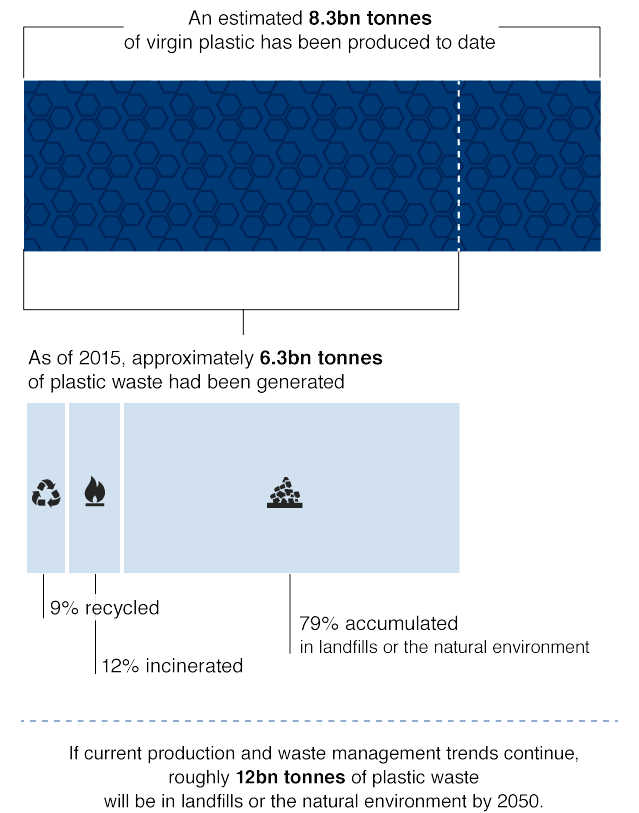
Greenpeace UK and Friends of the Earth have welcomed the announcement as a "step forward" but both also warned more action would be needed.
Greenpeace's Louise Edge said other non-recyclable "problem plastics" should also be banned at the earliest opportunity and retailers must take responsibility to phase out single-use plastics in their own products.
Friends of the Earth's Julian Kirby said the "only long-term solution is a complete phase-out of all but the most essential plastics".
The news was welcomed by the Green Party, but co-leader Jonathan Bartley said the government "must see these plans through to action, and bring forward the utterly un-ambitious target of eliminating all avoidable plastic waste by 2042".
Earlier this week, Mrs May announced the new Clean Oceans Alliance - an agreement between the UK, Vanuatu, New Zealand, Sri Lanka and Ghana, which pledged to ban microbeads cosmetics and cut plastic bag use by 2021.
To fund it, she also assigned £61.4m for global research and to improve waste management in developing countries.
Analysis: By BBC science editor David Shukman
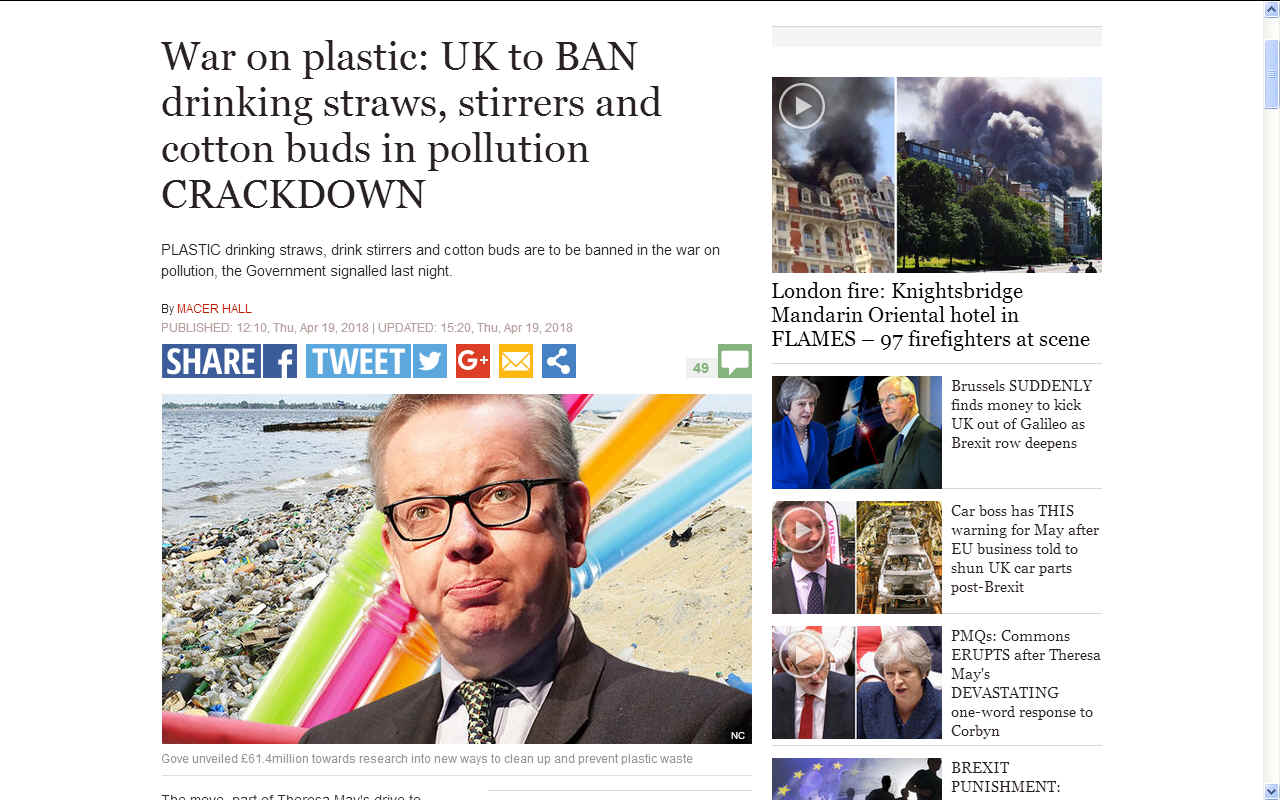
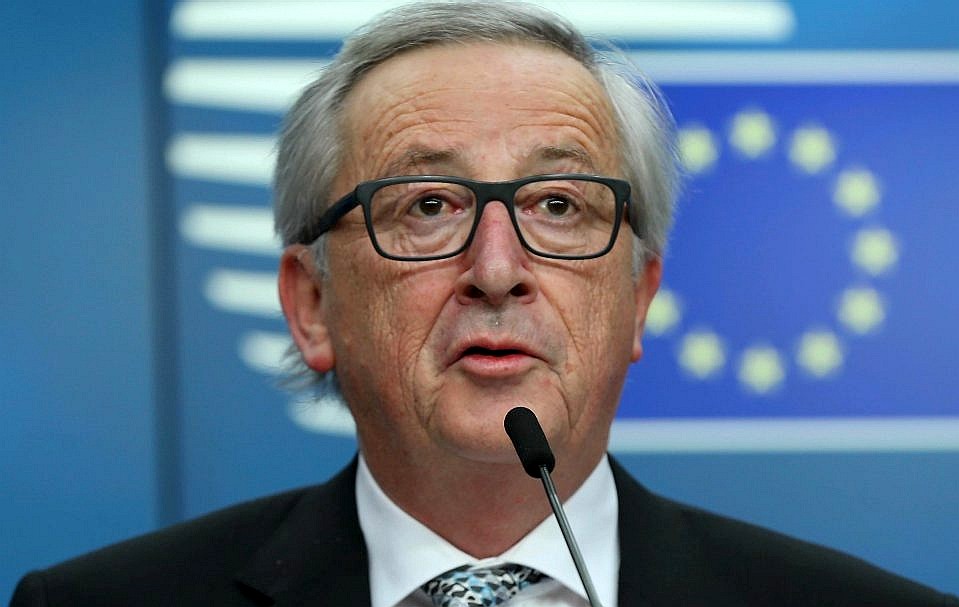
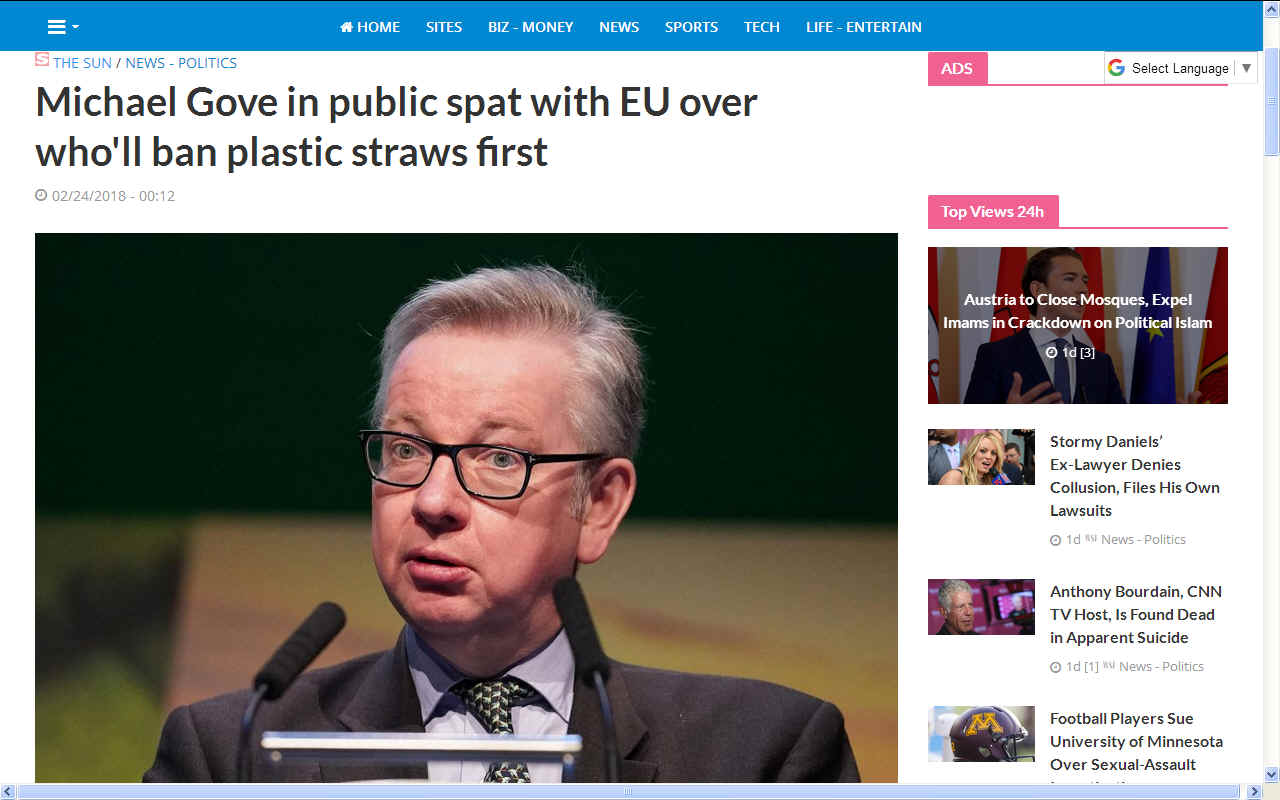
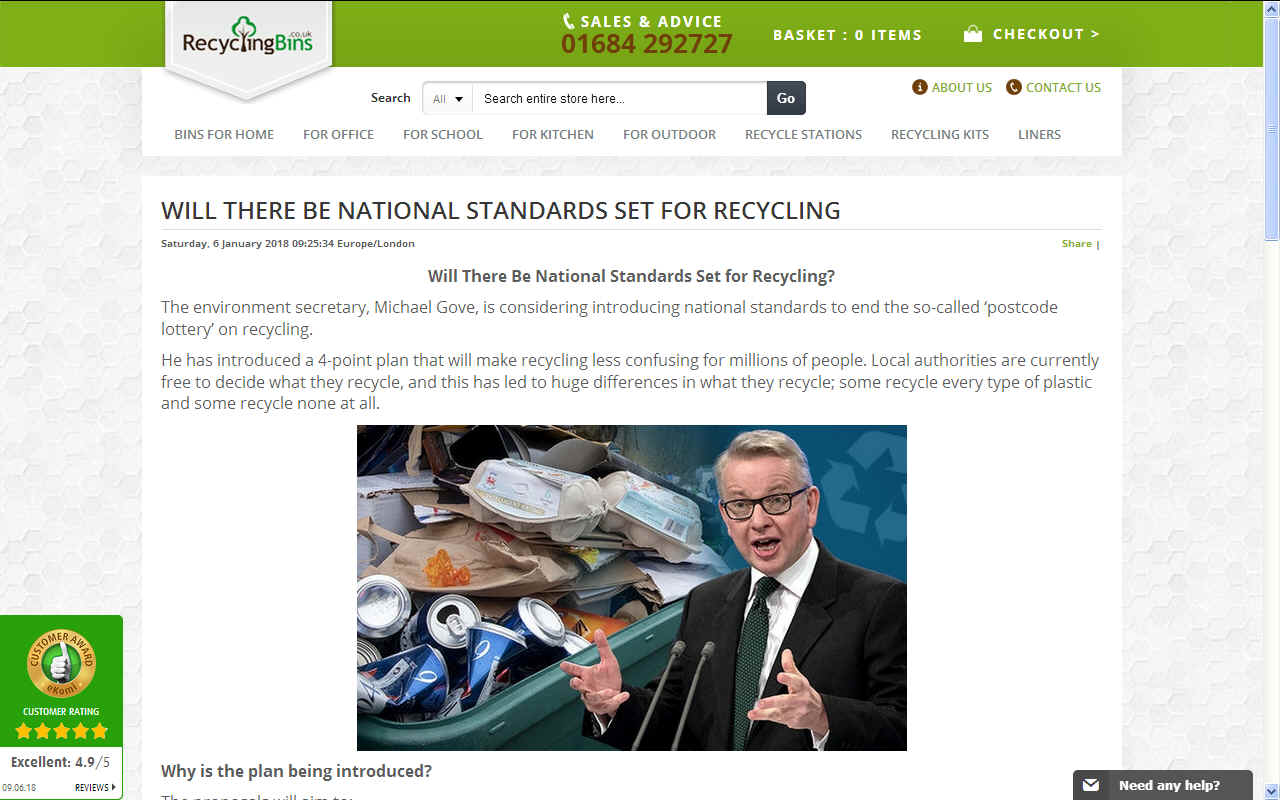
STRAW
HISTORY
The oldest drinking straw in existence, found in a Sumerian tomb dated 3,000 B.C.E., was a gold tube inlaid with the precious blue stone lapis lazuli. Argentines and their neighbors have, for several hundred years, used (for drinking mate tea) a similar metallic device called a bombilla, that acts as both a straw and a sieve.
In the 1800s, the rye grass straw came into fashion because it was cheap and soft, but it had an unfortunate tendency to turn to mush in liquid. To address these shortcomings, Marvin C. Stone patented the modern drinking straw, made of paper, in 1888. He came upon the idea while drinking a mint julep on a hot day in Washington, D.C.; the taste of the rye was mixing with the drink and giving it a grassy taste, which he found unsatisfactory. He wound paper around a pencil to make a thin tube, slid out the pencil from one end, and applied glue between the strips. He later refined it by building a machine that would coat the outside of the paper with wax to hold it together, so the glue wouldn't dissolve in bourbon.
Early paper straws had a narrow bore similar to that of the grass stems then in common use. It was common to use two of them, to reduce the effort needed to take each sip. (The cocktail straw, which is sometimes used in pairs, may be derived from such early straws.) Modern plastic straws are made with a larger bore, and only one is needed for ease of drinking.
LINKS
& REFERENCE
https://www.recyclingbins.co.uk/blog/national-standards-for-recycling/
http://www.cetusnews.com/news/Michael-Gove-in-public-spat-with-EU-over-who-ll-ban-plastic-straws-first.B1NFBEdADG.html
https://www.express.co.uk/news/uk/948083/uk-news-plastic-pollution-britain-ban-drinking-straws-cotton-buds-stirrers-michael-gove
https://www.channel4.com/news/factcheck/environment-secretary-michael-gove-clutching-at-plastic-straws
http://www.dailymail.co.uk/news/article-5424521/Now-plastic-straws-banned.html
https://www.bbc.co.uk/news/uk-politics-43817287
https://www.cleanwateraction.org/rethinkdisposablenj
https://thelastplasticstraw.org/
https://en.wikipedia.org/wiki/Drinking_straw
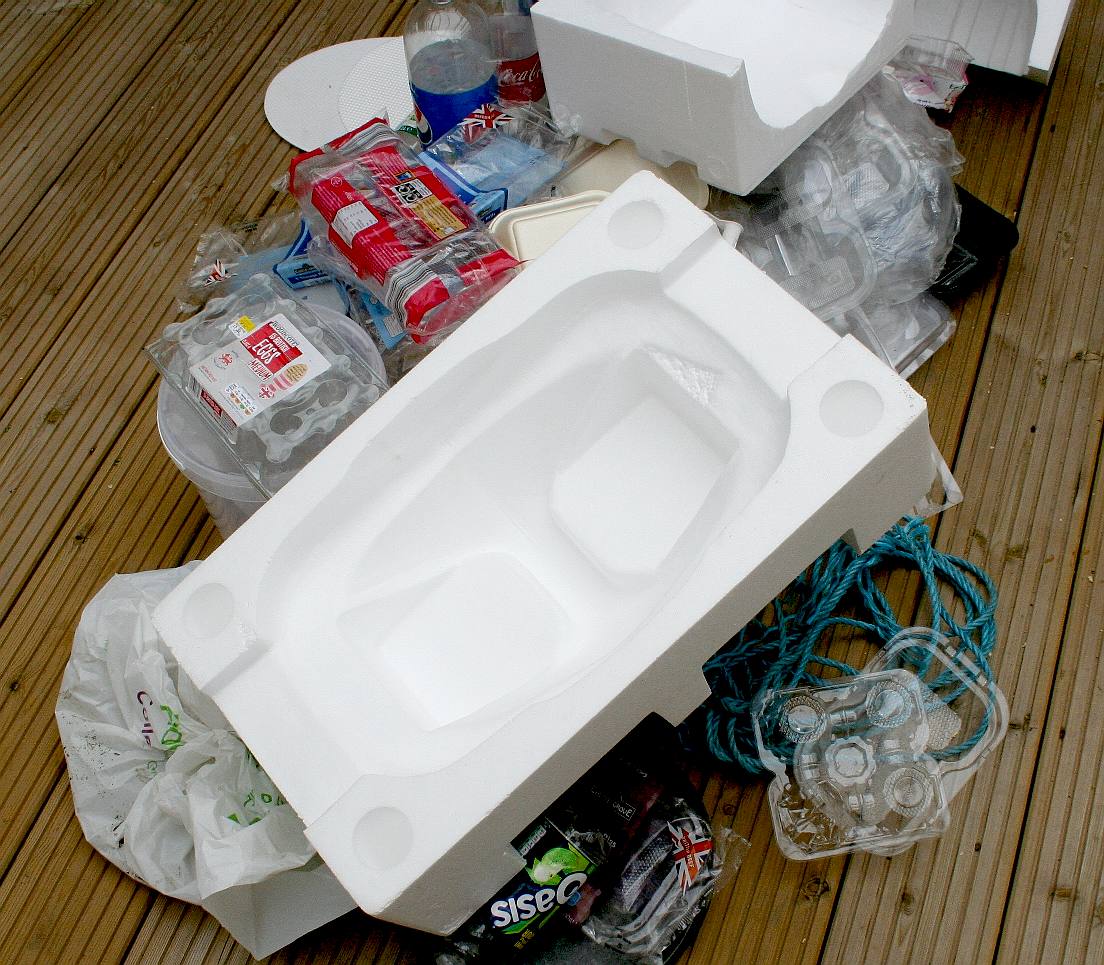
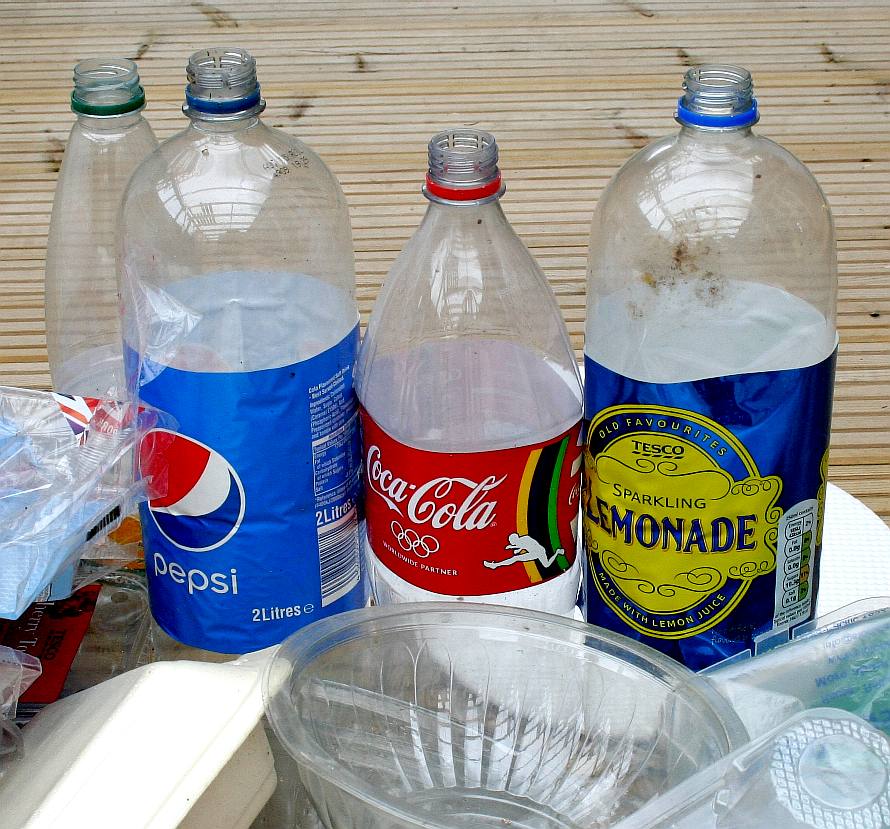
FOAM
& BOTTLES - Expanded polystyrene is
used to package household electrical goods, while soft drinks and water is
sold in PET plastic bottles by the billions every year. The numbers are
staggering. It's no wonder then that some of this plastic will end up on our
plate in one form or another, potentially as a toxin carrier. Copyright
photograph © 22-7-17 Cleaner Ocean Foundation Ltd, all rights reserved.
ABS
- BIOMAGNIFICATION
- BP DEEPWATER - CANCER
- CARRIER BAGS
- CLOTHING - COTTON BUDS - DDT - FISHING
NETS
FUKUSHIMA - HEAVY
METALS - MARINE LITTER
- MICROBEADS
- MICRO
PLASTICS - NYLON - OCEAN GYRES
- OCEAN WASTE
PACKAGING - PCBS
-
PET - PLASTIC
- PLASTICS
- POLYCARBONATE
- POLYSTYRENE
- POLYPROPYLENE - POLYTHENE - POPS
PVC - SHOES
- SINGLE USE
- SOUP - STRAWS - WATER
This
website is provided on a free basis as a public information
service. copyright © Cleaner
Oceans Foundation Ltd (COFL) (Company No: 4674774)
2018. Solar
Studios, BN271RF, United Kingdom.
COFL
is a charity without share capital.
|















